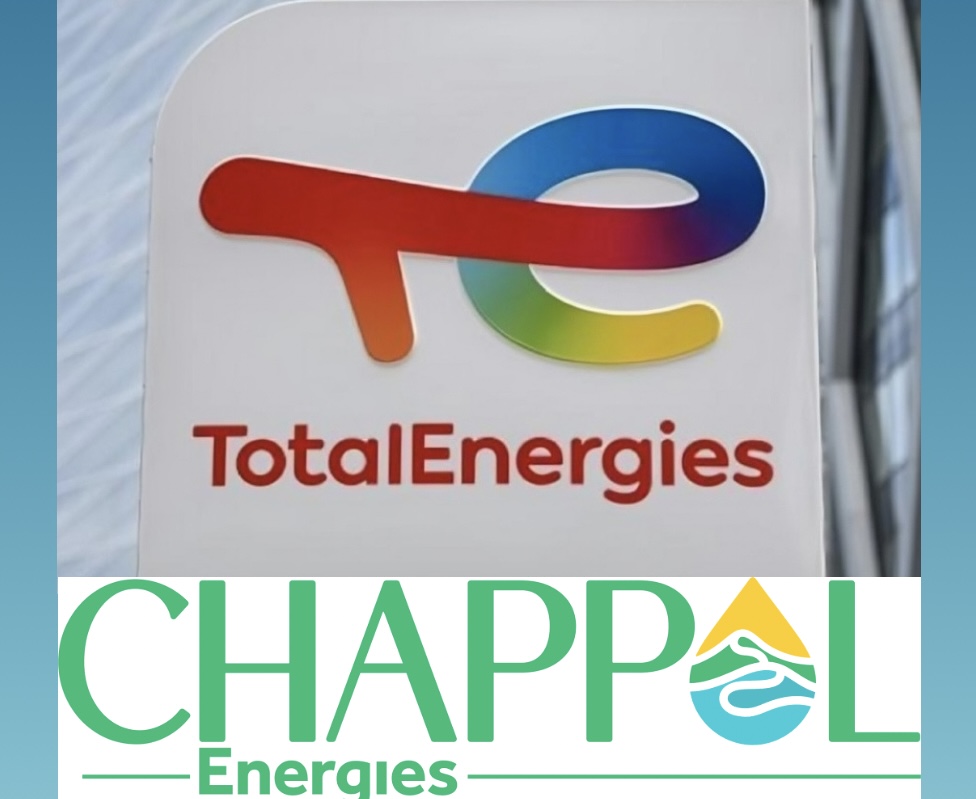KEY POINTS
- Nigeria’s oil regulator revoked approval for TotalEnergies’ $860 million asset sale to Chappal Energies, citing missed financial obligations.
- The failure leaves TotalEnergies stuck with onshore Nigerian assets plagued by spills and theft, undermining its debt-cutting plan.
- Chappal, which had earlier closed a $1.2 billion deal with Equinor, couldn’t secure financing for the TotalEnergies stake purchase.
TotalEnergies plan to offload part of its onshore oil business in Nigeria has collapsed after regulators pulled their approval, dealing a blow to the French major’s push to cut debt and shift away from its most troublesome assets.
The Nigerian Upstream Petroleum Regulatory Commission confirmed Tuesday that it had revoked ministerial consent previously granted for the $860 million transaction with Chappal Energies.
The watchdog said both sides had repeatedly missed deadlines to meet key financial obligations tied to the deal.
“The ministerial consent was accompanied by certain financial obligations to the Nigerian people with strict deadlines,” said commission spokesperson Eniola Akinkuoto. “Both parties failed to meet their commitments after repeated extensions, forcing the commission to cancel the deal.”
Debt-Cutting Strategy Derails
The sale, first agreed in July 2024, would have seen TotalEnergies transfer its 10% stake in Shell Petroleum Development Company of Nigeria (SPDC) to Mauritius-based Chappal.
But a person familiar with the talks said Chappal was unable to raise the required financing, which in turn prevented Total from fulfilling obligations such as regulatory fees and funding environmental remediation.
For TotalEnergies, the setback comes at a sensitive time. Chief Executive Officer Patrick Pouyanne had told investors in July that the Nigeria sale was one of three disposals expected to generate $3.5 billion by year-end and bring down a debt load that ballooned 89% in the year to July, reaching $25.9 billion.
The failed exit also means Total remains tied to SPDC, which has been plagued by hundreds of oil spills linked to theft, sabotage and operational breakdowns.
Last year, the company’s Nigerian licences delivered roughly 14,000 barrels of oil-equivalent per day and supplied around 40% of gas volumes to Nigeria LNG.



